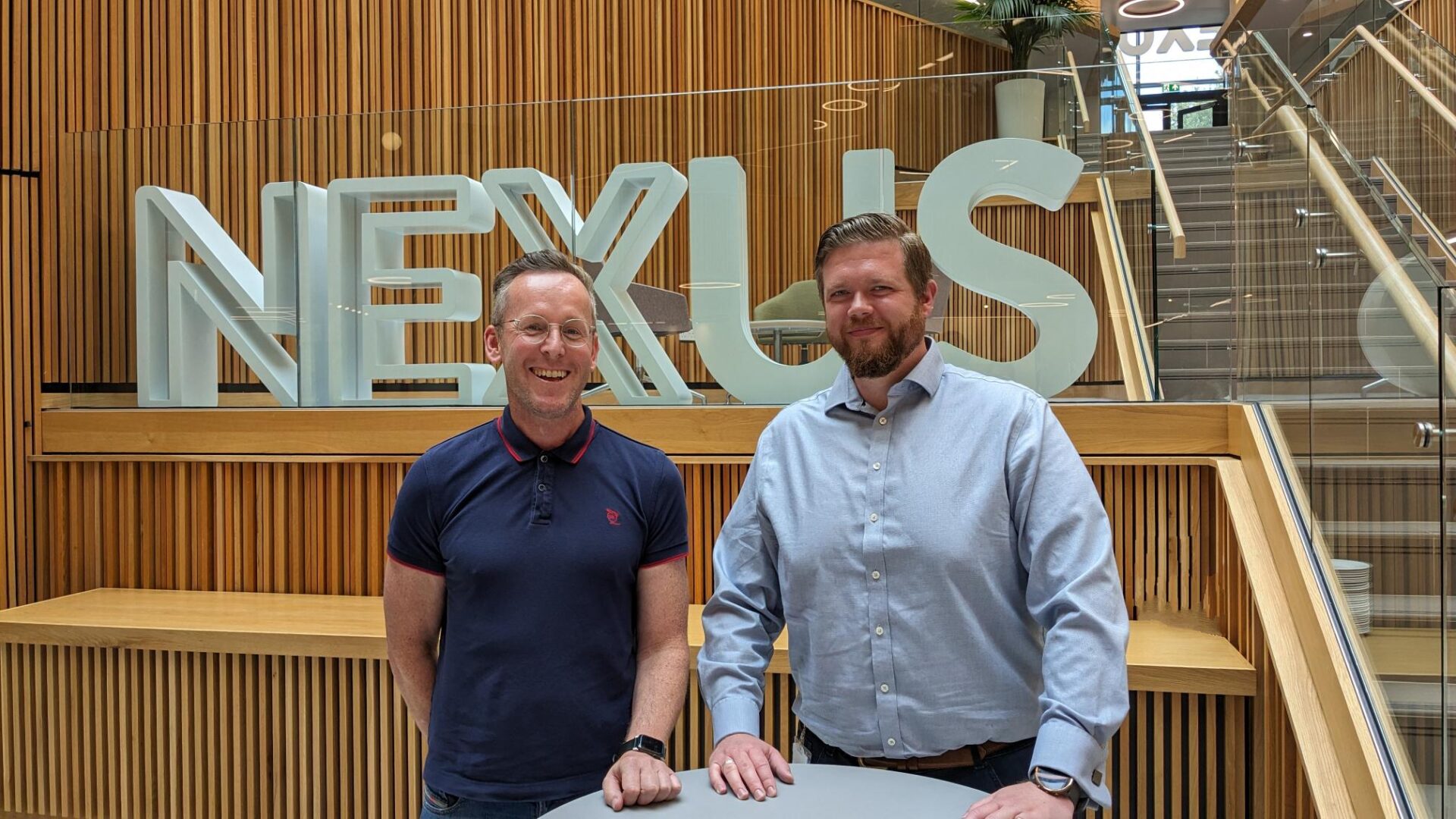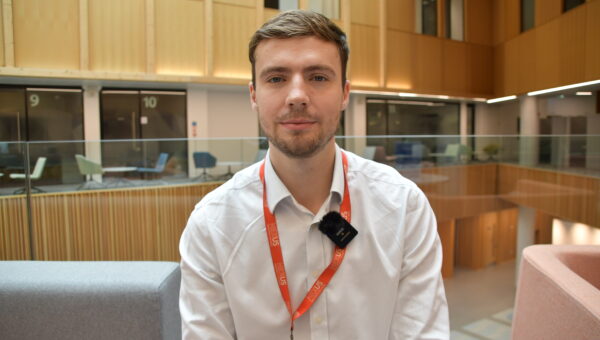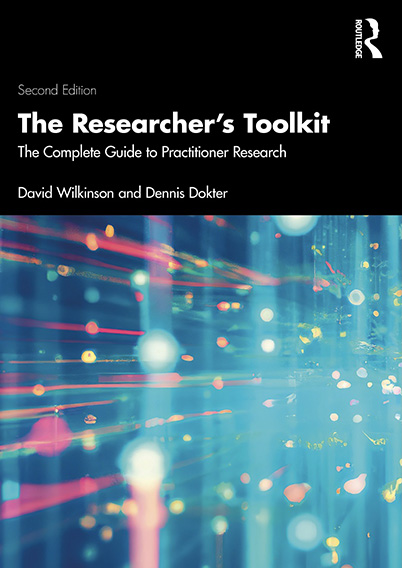The Researcher’s Toolkit: How Your Business Can Benefit from Research

Conducting a research project could be hugely beneficial for your business, say the experts Dr David Wilkinson and Dennis Dokter, co-authors of the book The researcher’s toolkit. We chat to them about what strong research could mean for you.
(Image from left to right: Dr David Wilkinson and Dennis Dokter)
David Wilkinson is a researcher with over 20 years of experience, working for a range of local, regional and national organisations to carry out research projects. David is also the Director of Researcher Toolkit, a Nexus member business that offers advice to those wanting to conduct research. Dennis Dokter has 10 years’ experience studying research methods and has developed large-scale European-wide projects working with population and geographic datasets. He now works at Nexus to connect members with academic expertise, facilities and talent across the University of Leeds and the wider Leeds City Region.
Together, they have collaborated to update The researcher’s toolkit, a jargon-free guide to small-scale research originally written by David 22 years ago, to include information on using social media data and other electronic forms of data analysis.
We ask them what makes research so important and why it should always be something you’re considering as part of your business plan.
How could research benefit you?
As a business, the are many tangible benefits to undertaking a research project. It can help you to understand your customers and markets, reveal what your competitors are doing and how you can compete with them, and it can open your eyes to product or service opportunities. Conducting research using (potential) customers can show you what they want, why they want it and how much they are willing to pay for it. Ultimately, research is an evidence-based way to inform your big business decisions.
Why is research important?
The book states: “Having a research and innovation strategy is a big part of the successes made by innovative corporations and small and medium-sized businesses (SMEs).” But exactly how does research contribute to success?
“Research is the biggest investment that you will make, in terms of time and capacity, but if you do it correctly the payoff will also be the biggest,” remarks Dennis when discussing the importance of research for businesses.
You may not even see the benefits or reap the rewards immediately, which can be frustrating – but stick it out! Dennis adds: “At one point you will have to innovate, you will have to find new ways of doing business,” even if it’s ten years from now. Effective businesses will be “anticipating that there will be a point in time that they will have to improve their product, better understand their market and do something new.” Research can tell you where to improve, teach you about your market and inspire that something new. It breeds innovation and improvement, leading you into success.
What should your first steps be when thinking about a research project?
We understand that embarking on a research project, especially for the first time, can be overwhelming – but it doesn’t have to be. The premise of research is simple. In fact, research is everywhere and you’re likely to be carrying out mini research projects in your everyday life, maybe without even realising. Are you looking at reviews before booking a restaurant? Or comparing prices between retailers before buying a new TV? Research is an integral part of our daily activities.
To get started “begin with a question or topic. What are you interested in exploring and why are you interested in exploring it,” says David. Setting a solid research question and aim is integral to keeping your research on track. This is echoed by Dennis who adds: “What are you trying to achieve and what do you want the direction of travel to be for your organisation?”
Also ask yourself: “Has this kind of thing been done before,” says David. Using previous projects that delve into similar topics or seek to solve relatable questions can help inform your own practices and help you to select the most appropriate research tools or methods.
What’s your top tip for businesses embarking on research projects?
Remember to persevere, keeping your original research question in mind even if things seem to veer off track. David admits: “Research is very messy. It doesn’t follow a neat logical linear path. Some things will go right, some things will go spectacularly wrong”. Despite this, the benefits far outweigh the hard work, as he adds: “But you will always find something out new, that you didn’t know before you started.”
Do you want to find out more about how your business can benefit from research? Get your copy of The researcher’s toolkit here.
Latest news

Nexus Meets… Microneedle Solutions
Henry Dunne from Microneedle Solutions speaks to us as part of our Nexus Meets series.
Read article
CEO of Nexus-based cancer diagnostic firm wins dual honours at the Digital Leaders Awards 2025
The CEO of Nexus-based PinPoint Data Science, Giles Tully, has been recognised with two top awards at this year’s Digital Leaders AI 100 UK Awards 2025.
Read article
Nexus and City Partners Unveil £2M Health Innovation Leeds Incubator to Accelerate Business Growth
A partnership of some of the city’s most influential organisations has today announced the launch of a new £2 million Health Innovation Leeds Incubator, a collaborative initiative designed to accelerate growth of healthtech businesses in the region and beyond.
Read article
Nexus launches pioneering Digital Twin platform to accelerate responsible innovation
Nexus has unveiled the Nexus Digital Twin. This enables organisations to test, measure, and accelerate innovation in a safe, data-driven environment.
Read article
